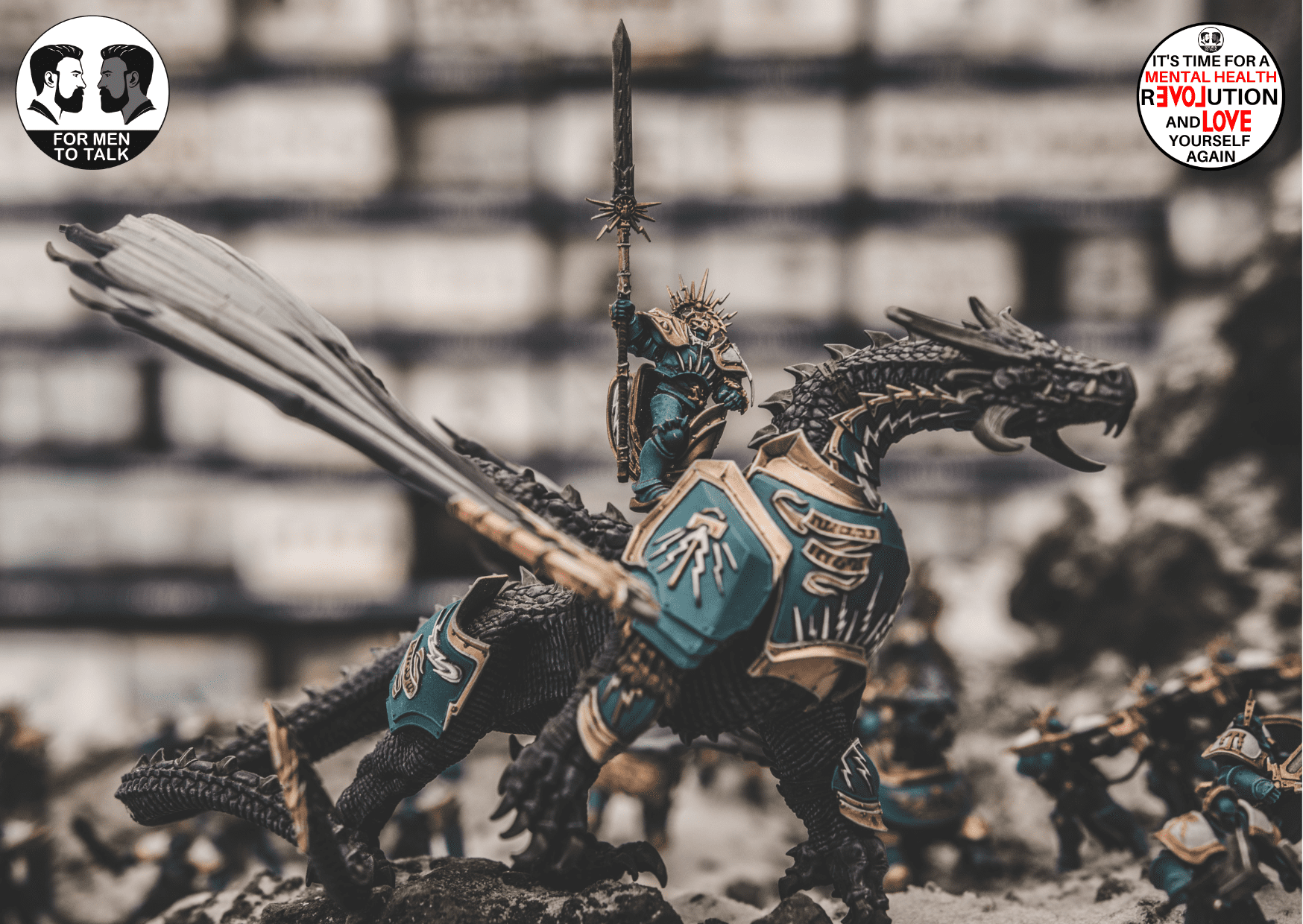Why does Dungeons and Dragons help those with Autism?

Dungeons & Dragons (D&D) is a popular role-playing game that has been around for more than 40 years. It is played by people of all ages and backgrounds and has been found to be particularly beneficial for people on the autism spectrum.
Autism is a neurodevelopmental disorder that affects communication, social interactions and behaviour. People with autism often have difficulty with social interactions and may struggle to understand the perspectives of others. They may also be sensitive to certain sensory stimuli, such as loud noises or bright lights.
D&D can be an excellent tool for people with autism to improve their social skills and develop their communication abilities. The game requires players to work together to solve problems and overcome challenges, which can help to improve teamwork and collaboration. It also provides an opportunity for players to practice their verbal and nonverbal communication skills in a safe and supportive environment.
In D&D, players take on the role of a character and interact with other players and game masters. This allows people with autism to explore different personalities and social situations in a controlled environment. D&D also provides a structure for social interaction that many people with autism find helpful.
D&D also has a strong emphasis on imagination, which can be beneficial for people with autism. The game allows players to create their own stories and characters and use their imagination to explore different worlds and scenarios. This can help to develop creativity and problem-solving skills, as well as providing an outlet for stress and anxiety.
In addition, the game can also provide a sense of belonging and community for people with autism. Many people with autism may struggle to find social connections and may feel isolated. Joining a D&D group can provide an opportunity to meet new people and make friends who share similar interests.
In United Kingdom, there are many D&D groups and resources available for people with autism. Some organisations such as SpecialEffect, have been working to adapt the game and make it more accessible for people with autism and other disabilities, through the use of technology.